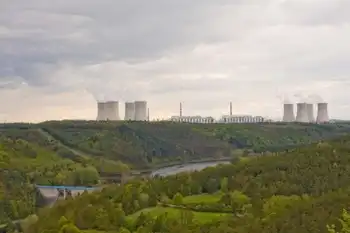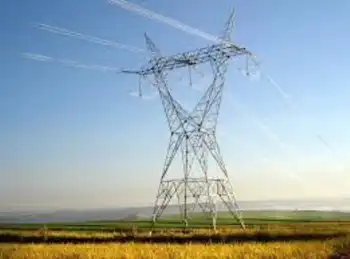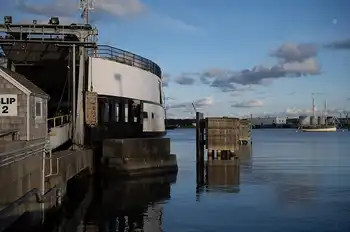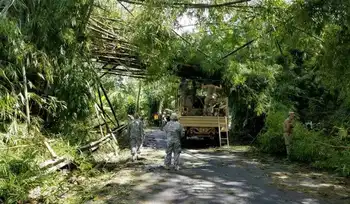WCI lays out carbon trade rules
- Members of the Western Climate Initiative laid out some of the ground rules on the use and timing of carbon-offset credits allowed under its planned emission cap-and-trade system.
The seven western U.S. states and four Canadian provinces have decided to stay with a plan laid out last year that would limit use of offset credits and allowances to no more than 49 percent of emission reductions.
The offset limit will be calculated as a percentage of compliance to allow the WCI to be more easily linked with other trading systems, such as one now under way in the Eastern United States, an official of the group said.
Offsets are credits for projects or technology, such as tree planting, that reduce greenhouse gas emissions. Emitters such as power plants can buy offsets to meet the requirements on cutting emissions blamed for climate change.
The use of offsets is among the many details the WCI is working on for the trading system, which is set to launch in 2012 and is designed to meet a goal of cutting greenhouse gas emissions to 15 percent below 2005 levels by 2020.
The recommendations endorsed by the WCI in Vancouver, but not made public until just recently, will now be adopted by each of the jurisdictions as they draft their regulations.
The WCI said placing limits on the use of offsets would be easier to administer, and it rejected suggestions the offset limit be adjusted annually to allow for a carry-over of unused offsets, saying that would make it too complex.
In addition to California — which has the eighth largest economy in the world — the WCI's members are: Arizona, New Mexico, British Columbia, Oregon, Ontario, Montana, Utah, Washington, Quebec, and Manitoba.
Not all of the members expect to be ready when the trading system starts in 2012.
Related News
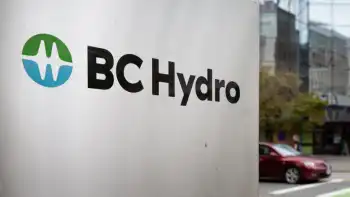
BC Hydro electricity demand down 10% amid COVID-19 pandemic
VANCOUVER - Elecricity demand is down 10 per cent across British Columbia, an unprecedented decline sparked by the COVID-19 pandemic, according to a BC Hydro report.
Power demand across hotels, offices, recreational facilities and restaurants have dwindled as British Columbians self isolate.
The shortfall means there's a surplus of water in reservoirs across the province.
"This drop in load in addition to the spring snow melt is causing our reservoirs to reach near capacity, which could lead to environmental concerns, as well as public safety risks if we don't address the challenges now," said spokesperson Tanya Fish.
Crews will have to strategically spill reservoirs…

